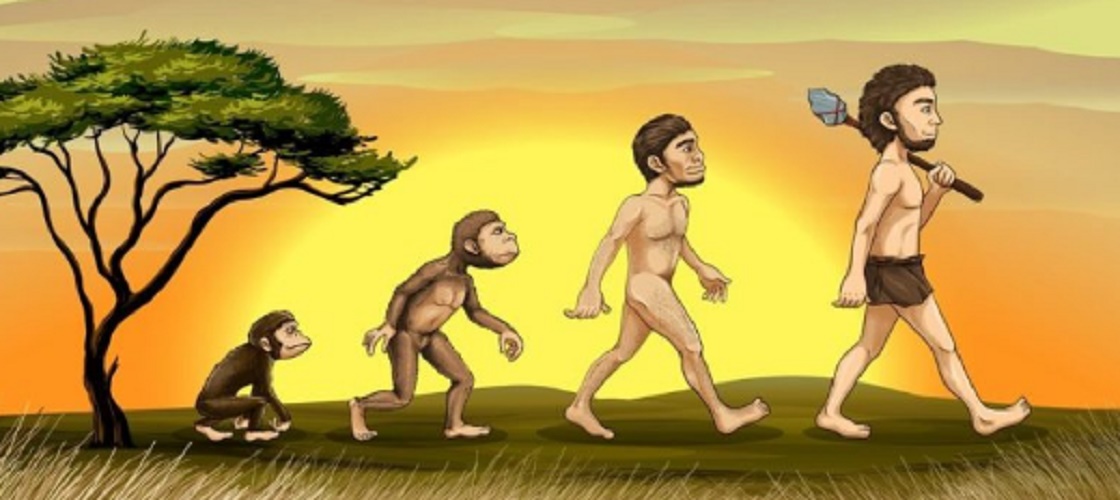What is evolution?
We explain what evolution is and what theories on the evolution of species according to Darwin and religion, among others.
-
What is evolution?
The concept of evolution refers to the change of condition that gives rise to a new form of certain object of study or analysis . It is important to note that the evolutions are gradual processes , changes that occur gradually and that can only be observed over time.
The term evolution has its most basic use in the field of biology , in particular to refer to the emergence of the species that inhabit the world, but also has uses corresponding to other sciences .
The biological evolution is produced by the modification of the genetic composition , derived from the need to adapt to the environment where living beings live . All natural species have had evolutions, and those that have not been able to carry out these processes have become extinct.
This evolutionary process began in the primitive sea, where the first life was generated , and from that the molecular compositions were altered, retaining certain similarities that allow us to account for the entire evolutionary chain.
-
What are the theories that explain evolution?

The man has faced in different ways this evolution to explain it in a way that is framed in their interpretation of the world. Let’s look at some theories that have had more or less acceptance within societies :
- Theory of acquired characteristics . Jean-Baptiste Lamarck assumed that the characteristics acquired throughout the existence of an individual would also be characters of his offspring, giving a very important role to what we know as inheritance. The habit , as in the case of the first giraffes stretching their neck to get food , ends up prevailing in the whole species.
- Theory of mutations. Gregor Mendel proposed a very strong theory regarding that inheritance, differentiating the recessive genes from the dominant ones. This is how the theory of mutations began to take hold . This term refers to the permanent changes in the genetic material of a cell , which can occur due to the action of mutagenic agents or errors in the copy of the genetic material during cell division processes. It was believed that mutations introduce new species, being the quintessential source of evolution.
- Religion . Religion has had for centuries a position against all evolutionary theories. The first response has always been creationism, the direct interpretation of the Bible that explains the origin of species through God or a similar figure that creates them. With the passage of time and the increasingly strong evidence of evolution, religious scientists moved away from that categorically creationist doctrine.
- Darwin’s Theory of Evolution . The theory that obtained the most consensus within thescientific community was that of Charles Darwin, who speaks of natural selection among living organisms, since most do not survive. The consequences of this selection are adaptation and diversification, and a constant struggle of the species in which only the strongest will survive. This position was then complemented by Wallace, who contributed the question of the dynamics of these changes and the common ancestor to all species. The combination of these two positions is, without a doubt, the one agreed by the majority of the scientific community today, as a result of which it is the explanation of the processes that crossed all the species.
In the case of the human race, there is an evolutionary chain that begins, it is believed, more than 5 million years ago with the Australopithecus, and a series of hominids that gradually abandon the characteristics of the monkey and take those of the human being ( species known as Homo Sapiens Sapiens).
The term was extrapolated and there is talk of evolution to refer to other things that are not limited to the biological , among which is physics (which describes the movement of an object as the evolution in time of its place in space) , psychology (which believes that evolution is the change of a behavior or attitude) or epistemology (which attributes the concept to transformations in theories or ideas).





